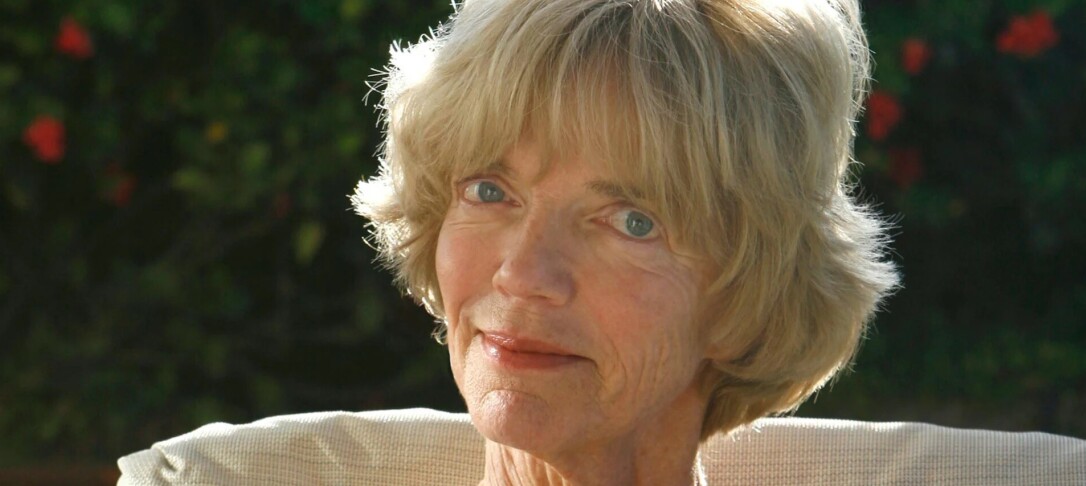
This is a virtual event being held on Zoon.
_____
Title:
What Neurobiology Teaches Us About Morality
Abstract:
Evolutionary biology may suggest that if other-caring behaviour entails the carer incurs a cost, caring will be disadvantageous in the long run; it will be selected against. Thus, “the selfish gene” account by Richard Dawkins. Nevertheless, caring and sharing are, in fact, typical in highly social species (e.g. wolves, orcas, and marmosets). In the last few decades, research in neuroendocrinology has revealed that the ancient peptides oxytocin and vasopressin play a critical role in mammalian and avian social behaviour, including caring and sharing. These discoveries have profoundly altered the traditional understanding of the nature and origins of moral behaviour in humans and other mammals. I shall review the benchmark results of the research and how alterations in the oxytocin-vasopressin system can explain species-typical variations in forms of sociality (e.g. monogamy versus polygyny).
Biography:
Professor Patricia Smith Churchland is a Professor of Philosophy at the University of California, San Diego.
Her research focuses on the interface between neuroscience and philosophy. She explores the impact of scientific developments on our understanding of consciousness, the self, free will, decision-making, ethics, learning, and religion. A pioneer of eliminative materialism, Patricia heralds a radically different way to understand the brain, arguing that ideas like pure morality and reason will eventually be abandoned in favour of a purely scientific view of the human mind. She has researched and published on many topics related to the mind and brain, recently focusing on the evolutionary and neurological origins of our inherent sense of morality.
Patricia is the UC President’s Professor of Philosophy Emerita at the University of California, a board member of Moscow State University, a Fellow of the American Academy of Arts and Sciences and a Fellow of the Cognitive Science Society. Her recent books include Conscience: The Origins of Moral Intuition and Braintrust: What Neuroscience Tells Us about Morality.


